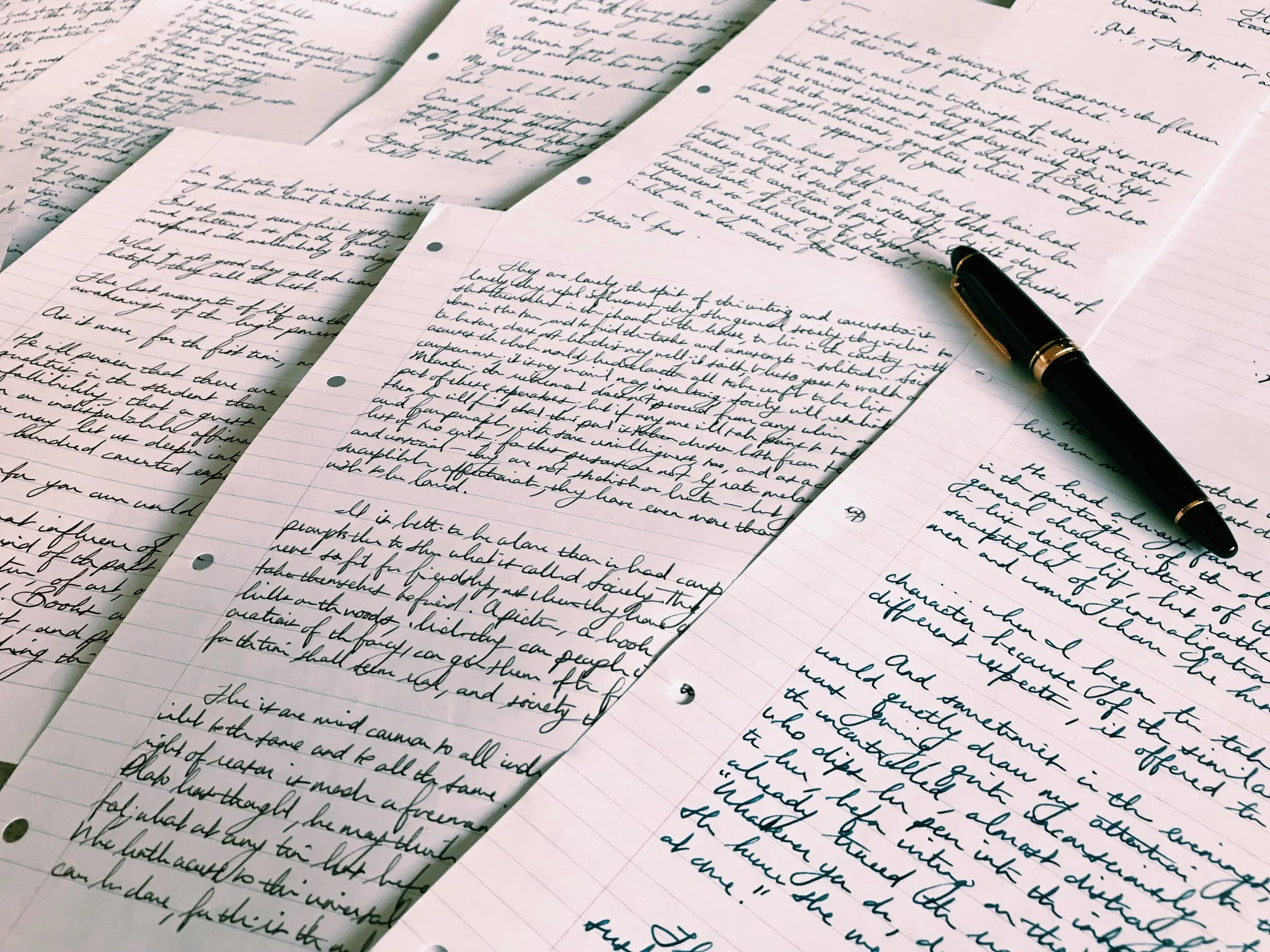The Best Translation
Sixteenth-Century Trompe L'Oeil Painting of a German Book
The best translation? No translation; any translation.
No translation, because something is always lost.
Any translation, because reading a great work is better than not having read the work at all.
Consider what you want from a translation: do you want to read the words that the original author used, or would you rather have conveyed what the author meant? If you're reading an epic poem, do you want the full power of the original, perhaps at the expense of it being more difficult to read? If you're reading a complex work of philosophy, perhaps you'd prefer a simpler vocabulary, so the ideas are conveyed with clarity, more easily allowing you to fully understand them.
There are two main schools of translation:
Literalness
Translators using this method prioritise the literal meaning of the words used in original text, as much as possible. This may cause some ‘jarring’ in language when translated, but you are getting a more faithful translation as far as the actual words are concerned.
Intent
On the other hand, translators can prioritise the intent of the author, not the actual words that they used. This typically results in a more harmonious translation: a better flowing and more readable text; however, the words used may not necessarily be the ones that the original author used in their language.
There are some other reasons you may want to choose one translation over another:
The translation itself is a classic
Proust's magnum opus, À la recherche du temps perdu, was translated by C. Scott Moncrieff as Remembrance of Things Past, and Moncrieff's translation is regarded as a masterpiece in itself; the text is rich and indulgent, the narrator's romanticism unrestrained and given free reign with long, flowing sentences and purple prose. It is truly beautiful. Other translations seem dry and dull by comparison.
The translator
Pope translated Homer; Dryden, Virgil (and many others); Hobbes, Thucydides; Longfellow, Dante. If you have an interest in those authors, reading their translations can be fascinating in itself.
Who would have read a particular translation
Shakespeare read Sir Thomas North's translation of Plutarch's Lives, and John Florio's translation of Montaigne's Essays. Are those the best translations to read? I would say no, but it can be interesting to read them, knowing that these are the translations that Shakespeare himself read.
Regardless of what you want from a translation, I would highly recommend that you compare at least a few different translations of work that you're interested in before buying.To that end, here are some useful resources:
Amazon's "Look inside!" feature
Available on a large number of works, and almost all of the books published in the Penguin Classics and Oxford World Classics series (unfortunately not available on many/any Everyman's Library books). If you can look inside, you can usually also skip to the first pages, allowing you to quickly see what the first part of a translation is like. Most new works also have this feature, so it's a great place to preview newer translations.
The translations available here will usually be older, but you can preview the whole work, which is a great advantage.
Again, usually older translations, but an excellent resource.
Searching for the work plus the translator can sometimes yield great results; an article, blog post, or forum thread, where one or more helpful people have posted comparisons of different translations.
If you happen to find an extract of a translation from google or elsewhere, copying and pasting it into google can sometimes yield a result from Google Books, which will take you to the page of the translation where the extract comes from. Often, you can then preview other pages. (It's often better to search from Google rather than from within Google Books.)








